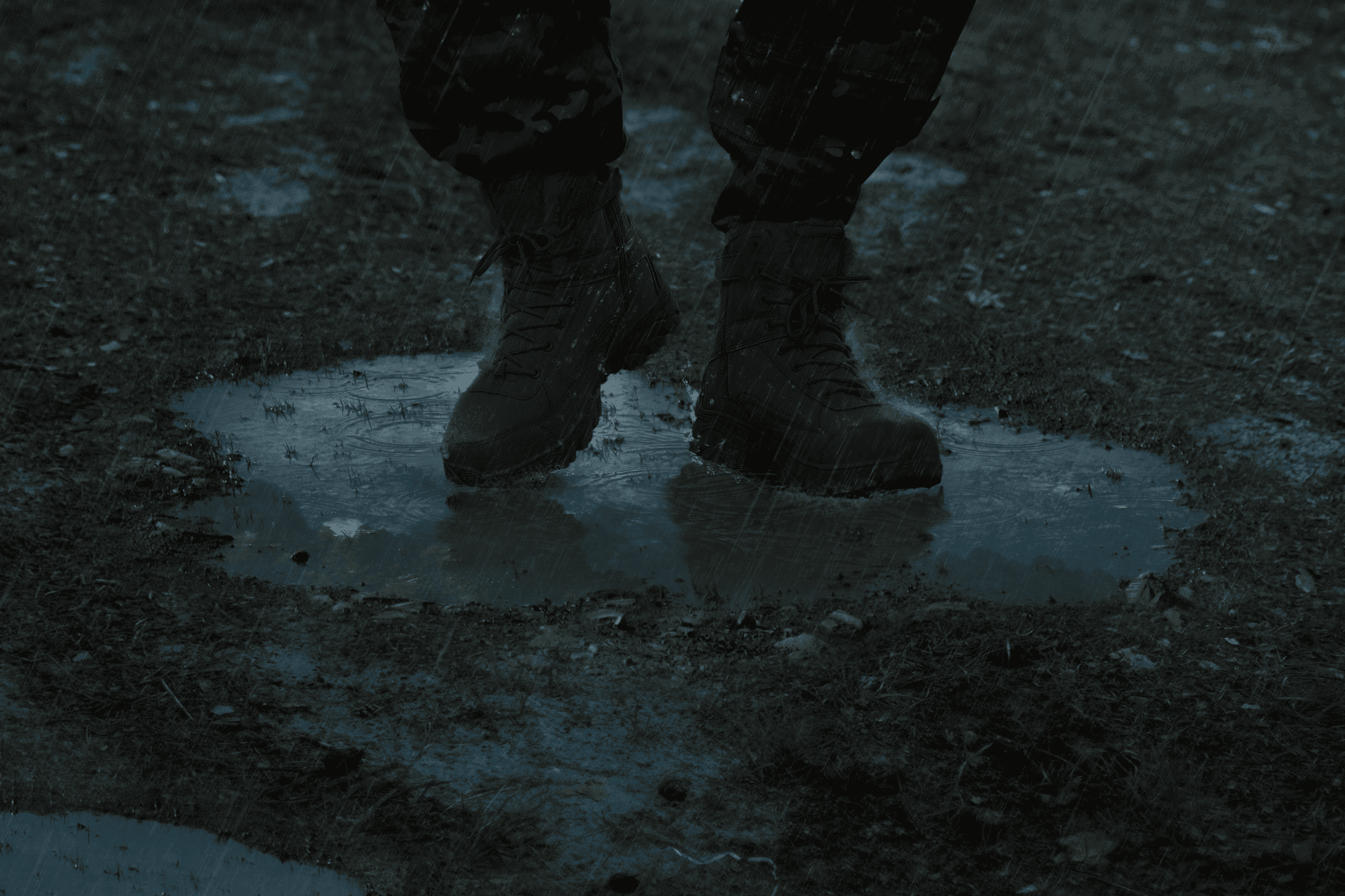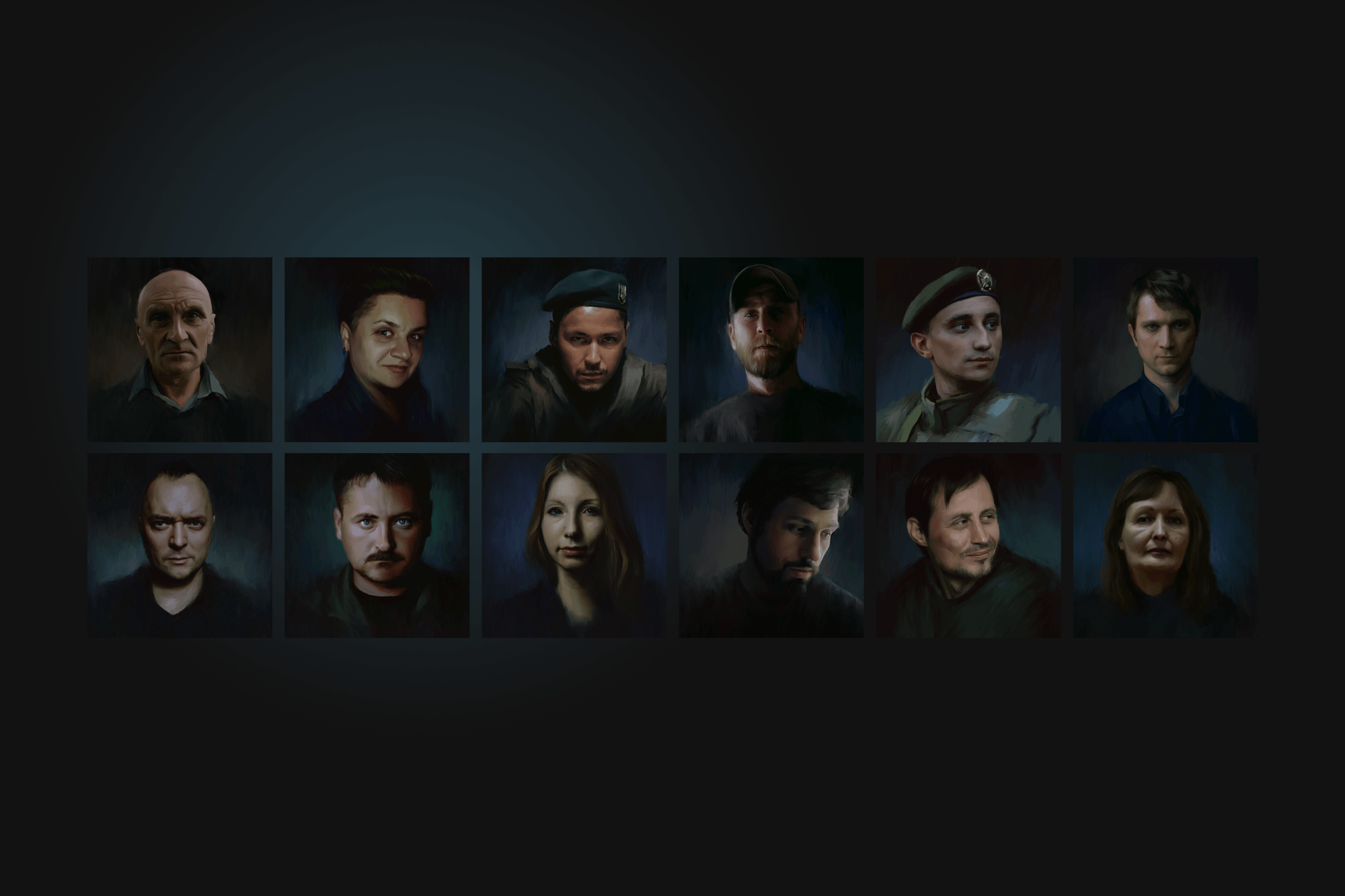Like a young, pretty woman who gets murdered at the beginning of a crime novel, Ukraine became an object of interest because of the act of aggression directed against it. It has gained worldwide visibility because Russia has tried to make it invisible. Being seen, however, is not the same as being understood. To truly understand Ukraine, we need to listen to Ukrainians talk about themselves in their own words and on their own terms. We must trust them with their knowledge of themselves and challenge our own imperialist worldview. After all, it is the habit of listening to a ‘great power’ that has led us to focus on the perpetrator when we should be focusing on the nations it is attacking. It has led us to confuse Russia with the country we wish it were rather than the one it really is and pushed us to focus our energies on ensuring Russia’s survival rather than preparing for its demise.
Every time I’m invited to speak about Ukraine, I notice an unmistakable pattern of discussion: sooner or later (usually sooner), someone asks me to talk about Russia.
Why is the Russian army performing so poorly (and not why the Ukrainian army is doing so well against all odds)?
What needs to happen for Russian society to take to the streets and protest (rather than what has made Ukrainians so intolerant of authoritarianism and determined to fight against it)?
What will happen to the Russian language after even Russian-speaking Ukrainians no longer want to speak it (and not how it is possible that the Ukrainian language managed to survive and even thrive despite centuries of Russification)?
And, finally, will the post-Putin leadership — whatever it looks like — save Russia (rather than what we can all do to ensure that Ukraine is saved from this and future genocidal attacks)?
In addition to these questions, there is a constant need to justify why Ukrainians feel uncomfortable sharing platforms with Russians. To explain that we do not want a dialog with them because we want our voice to be heard independently of the perpetrator’s. We do not seek solidarity with the ‘good anti-Putin Russians’ because both in the past and today, we see that Russian liberalism stops at the Ukrainian border: to really support Ukraine would mean abandoning the imperialist project, and they have never had much appetite for that in Russia. We don’t want to focus on Russian victimhood because we prefer to draw attention to the existential war being waged against our country. We will not talk about reconciliation before there is justice.
If we have to talk about Russia, let’s talk about this being Russia’s war. Not the Ukraine war. Not a crisis in Ukraine. Because it is Russia that started this war in 2014, and it is Russia that escalated it in 2022. It is Russia that can end this war at any time by withdrawing its troops from a sovereign state. By ending their war in Ukraine, the Russians can end Putin’s dictatorship in their country. They can kill two birds with one stone; they just need to stop killing Ukrainians first.
Russia’s war is directed primarily against Ukraine because it is Ukraine that suffers daily loss of life and material devastation. It is Ukrainian homes that are destroyed, cities that are transformed into post-apocalyptic landscapes, prisoners of war who are shot or beheaded, and the crimes that are filmed and exhibited by the perpetrators. It is the Ukrainians who find their loved ones in mass graves and rapidly growing military cemeteries. It is the Ukrainians who will have to raise a generation of war children and deal with the aftermath of nationwide PTSD. It is the Ukrainians who are now in their tenth year of resisting Russia’s denial of their existence.
Russia’s war, however, is also directed against the rest of the world. It uses nuclear blackmail and the threat of famine to bully its way through failures on the battlefield. It exploits existing anti-American and anti-European resentments to undermine Ukraine’s subjectivity and democratic order. It portrays itself as the protector of Christian morality while kidnapping Ukrainian children and threatening the most fundamental values: the protection of life and human dignity.
A kleptocratic dictatorship that has waged neocolonial wars for decades, Russia has presented itself as an alternative to the corruption of the ‘rotten West.’ The same West that treated Russia as a peace broker rather than a war maker for the first eight years of its aggression against Ukraine. The same West that allowed Russia to profit from the crimes it committed, including the occupation of Crimea, not only by continuing business as usual but also by allowing Russia to exploit our energy dependence to finance the escalation of this war. The same West that has chosen to view sovereign states as little more than parts of Russia’s neighborhood that have no subjectivity or voice on the world stage.
Since the start of the full-scale invasion, those in the West who discuss Russia’s war have sought to include ‘Ukrainian voices.’ But even when Ukraine finds itself in the spotlight, the story rarely goes beyond the context of the war. It seems that the only justification for learning about the country, its culture, and its history is Russia’s desire to deny its existence.
Ukraine is more than a war zone. It has become a war zone precisely because it has been invisible to the rest of the world for so long, pushed to the edge of our imagination. How can we re-imagine the country now that it has become visible?
We need to develop a language that is rooted in the experience of oppression and can therefore speak authoritatively about its emancipatory struggle. And more importantly, we must ensure that this voice, which is not immediately recognized as authoritative because it does not come from the imperial center but resounds from the margins, is trusted with its experience.
There is a growing body of English-language literature on Ukraine and Russia’s war against it. Often it is written by people established in the global North. While expert voices not rooted in Ukraine can certainly be of great value, not least because the distance they enjoy brings a different perspective, our priority should be to amplify those who speak from within the country. But even when Ukrainian voices are considered authoritative, they often belong to ‘great men’ like President Volodymyr Zelensky and army generals. Their words have proven effective in making the invisible visible. However, we must now seek out narratives that will make the visible understood. These narratives are likely to challenge our preconceived notions about Ukraine, adding a layer of knowledge that we direly need if we are to move beyond the headlines.
Victoria Amelina was one of those who spoke about Ukraine in its complexity.
Born in western Ukraine, she was a great fan of its eastern part. Raised as a Russian speaker, she wrote and published in Ukrainian and later in English. A novelist, she turned to poetry when prose failed her in describing the destruction caused by the Russians. While documenting Russia’s war crimes and raising awareness of the war at international festivals, she passionately believed that the small Donbas village of New York, where she founded a literary festival, would once again see its streets fill with readers instead of holes from Russian missiles. One of those missiles killed her as she sat eating dinner in a restaurant full of civilians in June 2023. The war turned this author into a war crimes investigator. Her death became her final testimony to Russia’s crimes.
The war also made Amelina one of the few Ukrainian writers whose name appeared in the world’s major media. But it was not through the reviews of Amelina’s books that readers came to know her. The world discovered her through the numerous obituaries that followed her death. Unfortunately, she became the proverbial pretty young woman whose death serves as the backdrop for the murder story.
International attention to this author has not yet translated into her books showing up in the local bookshops here in London. Or other books by Ukrainian authors in English translation. The shelf of books about Ukraine — which did not exist before — is growing, true, but it’s filled mostly with reports by Western journalists who have covered Ukraine for a few years or a few weeks. The story of Ukraine continues to be told largely on Ukraine’s behalf, while Ukrainian authors — dead or alive — remain obscure. The Russian shelf, by the way, is not shrinking either. New books about Putin and Navalny are mushrooming, alongside new editions of Pushkin and Dostoevsky.
‘Would you like me to be honest or polite?’ Olena Stiazhkina, another writer whose sharp and articulate prose you won’t easily find in a Western bookstore, asked a moderator at a recent literary festival in London. Just before she said that, a panel of European writers was marveling at the literary talent of Tolstoy and Chekhov.
‘Honest,’ the moderator said with a laugh, not suspecting what was about to come.
‘When I heard the names of Tolstoy and Chekhov, I felt nothing but pain. Because women were raped on Tolstoy Street. Because children were run over at the intersection of Pushkin and Lermontov Streets. When I hear these names, I know that it is not the fault of these writers. Sort of. But that doesn’t change how I feel. And I know exactly how I feel when I find myself in danger. I know who I am. And who I am not.’
Like Amelina, Stiazhkina has deliberately chosen to write her texts in Ukrainian rather than Russian. In 2014, the ‘Russian world’ chased her out of her hometown, Donetsk. When her new life in Kyiv was threatened in 2022, she stayed put, come what may. She was not going to be driven out again by Tolstoy, Chekhov, or the Russian army. She knew who she was: she was Ukrainian.
Tolstoy and Chekhov caught up with Stiazhkina in London because, despite the unease surrounding the discussion of the so-called canceling of Russian culture in the West, it is this culture that continues to not only define our relationship with Russia itself but also shape our understanding of Ukraine. Ukrainians know exactly what it means to be Ukrainian. It is we in the West who still don’t get it because, for that, we would have to turn to Ukrainian culture rather than Tolstoy and Chekhov.
“The purges and centuries of unimaginable pressure are why you don’t often hear about great Ukrainian literature, theater, and art,” Amelina wrote in her essay about Russia’s destruction of Ukraine’s cultural heritage. “If you look at the map of Europe, you see Dante here and Shakespeare [there], but just a big gap where Ukrainian culture should have been to make Europe whole and safe.”
Amelina warned that another generation of Ukrainian creatives could be executed by the Kremlin if we don’t stop the genocidal attack on the country.
“For me, that would mean that most of my friends [would] get killed. For an average Westerner, it would just mean never seeing their paintings, never hearing them read their poetry, or never reading the novels they have yet to write.” Amelina is one of those writers whose next novel we won’t read.
Stiazhkina’s honesty, Amelina’s courage, as well as the voices of countless Ukrainians fighting to ‘make Europe whole and safe’ can free us from misconceptions about the region that is so often seen as little more than ‘post-Soviet space.’ Their stories can help us stop thinking of Ukraine as a victim in a crime novel seen but quickly forgotten. We simply need to let them speak. We simply need to listen.
Olesya Khromeychuk is a historian and writer. She has taught the history of East-Central Europe at several British universities, and has written for The New York Times, The New York Review of Books, Der Spiegel, the Los Angeles Review of Books, Prospect, and The New Statesman. Khromeychuk is the author of The Death of a Soldier Told by His Sister (2022) and “Undetermined” Ukrainians. Post-War Narratives of the Waffen SS “Galicia” Division (2013). She is currently the Director of the Ukrainian Institute London.
Image by Vadym Blonsky




